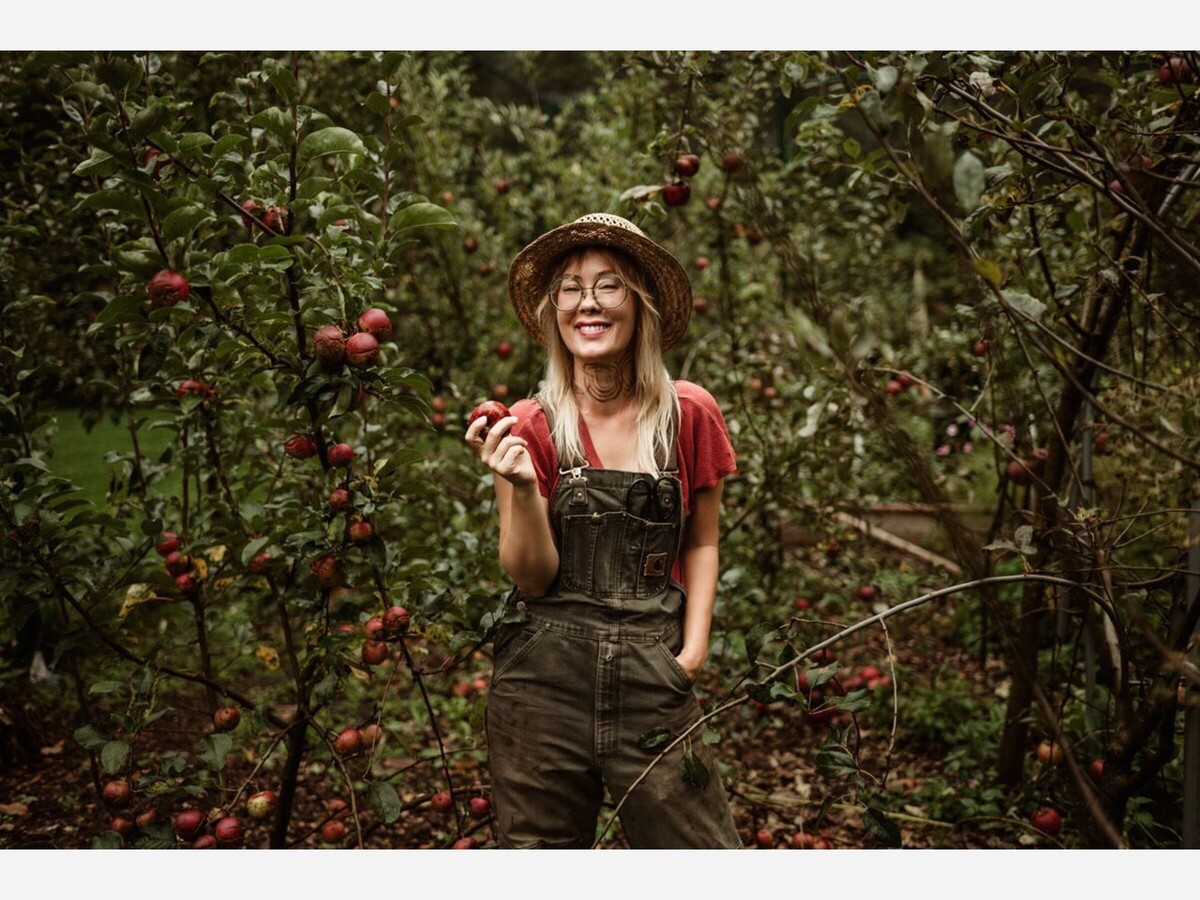“Oops! What to Do About Invasive Plants Purchased at Garden Centers,” Workshop
Some of the best-loved plants in Madison yards may be invasive. Purchased at garden centers with good intentions, these plants may not appear unruly or aggressive in a home setting, but when birds carry their seeds to parks and forests, they can grow unchecked—and negatively alter ecosystems.
To help the community learn more about this serious but hidden problem, the Madison Environmental Commission is sponsoring a workshop with L.Be Sholar, founder of The Wildstead Company, a native plant landscaping firm and garden center in East Hanover.
The workshop, “Oops! What to Do About Invasive Plants Purchased at Garden Centers,” will be held at 7:00 p.m. on Wednesday, January 29, at the Madison Community Arts Center (10 Kings Rd). Tickets are $10, and advance purchase is recommended by visiting madisonartsnj.org/mec-invasive-plant-01-29-25.
“Wisteria is just one example of a beautiful garden center plant that has a locally native counterpart, but the most commonly available and planted species hails from Asia,” notes Claire Whitcomb, chair of the Environmental Commission. “In parks, Asian wisteria quickly climbs and damages trees. Two acres of large trees were nearly choked to death in the Drew Forest alone.”
Deer typically avoid invasive plants because they have not co-evolved with them as a food source. They also offer limited, if any, benefits to native butterflies and moths, who evolved to lay their eggs on specific native “host” plants.
The 10-garden center invasive species covered at the workshop will be Chinese silver grass (Miscanthus), butterfly bush, privet, barberry, burning bush, Callery (Bradford) pear trees, English ivy, Asian wisteria, Asian honeysuckle, and Norway maples.
Participants will leave with handouts, advice, and lots of ideas about how to replace these invasives with equally beautiful native species that perform huge ecological benefits by nourishing birds and pollinators.
The workshop is part of an invasive species education campaign funded by a grant from the Association of New Jersey Environmental Commissions (ANJEC). The grant also funded the removal of 15 invasive barberry plants at Gibbons Pines Park and the installation of a new native shrub habitat. Details on this project can be found at rosenet.org/1513/Native-Shrub-Habitat.
Questions? Please email MEC@rosenet.org.















